How to Incorporate a Showroom in Your Business
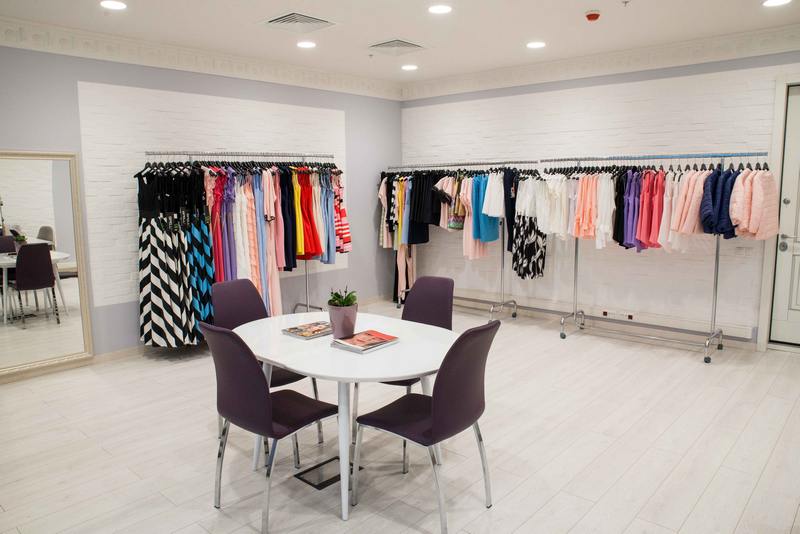
💡 Want more business insights? Stay ahead of the curve with our exclusive updates!
👉 Join our Telegram channel for daily business ideas and expert tips.
👉 Follow us on Facebook to never miss a trend or update!
Don’t just read—connect, grow, and innovate with us today!
In recent articles about conducting business, you might come across a description of a trade point format known as a "showroom." This term encompasses several different types of businesses, allowing entrepreneurs to achieve various goals. Each individual showroom format can be effectively used as a standalone business or as part of a trading strategy for a large company. So, let's explore all aspects of this trading method and the business ideas that can be implemented through them.
How the Term "Showroom" Emerged
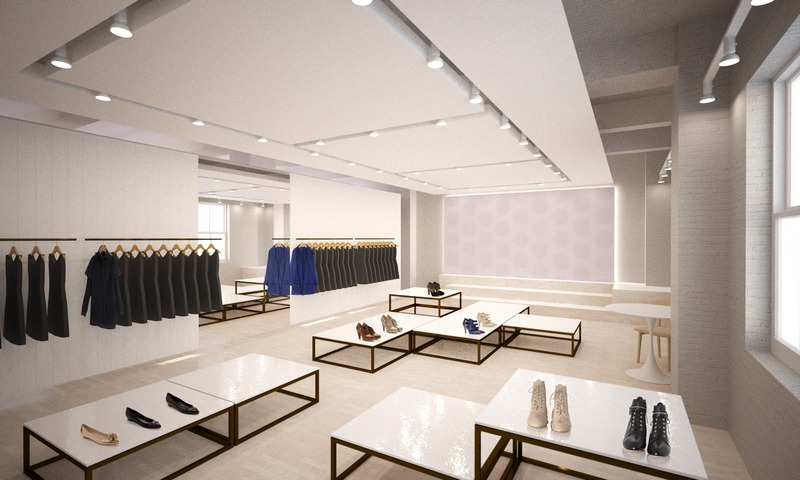
This word entered the modern business lexicon from Western countries. Initially, it referred to a separate room within a space where fashion collections were showcased. Such a room was created to facilitate productive communication between designers and potential clients.
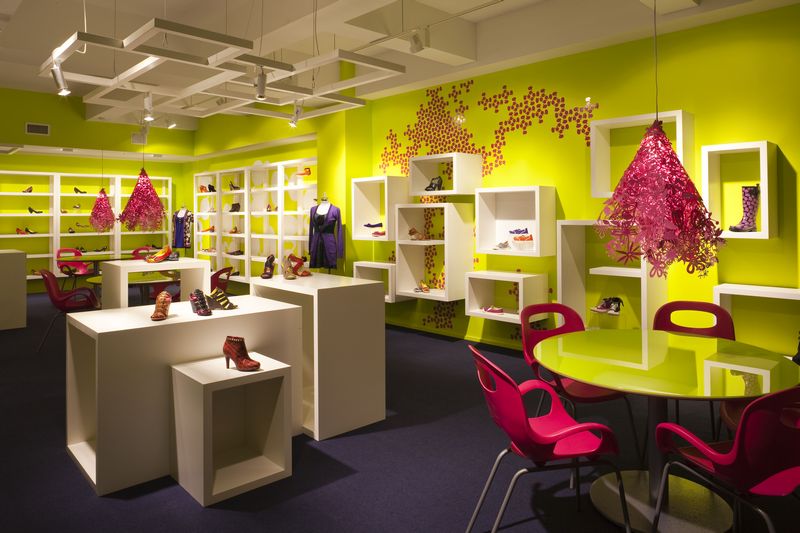
For buyers of "couture" items, it is important to see how a particular model will look on them, similar to how it appeared on the mannequin. Additionally, in a showroom, one can immediately select ideal accessories to complement the chosen outfit. Some of the most profitable deals are often sealed in such rooms, including wholesale deliveries of specific collection pieces. Thus, establishing a showroom has become an integral part of businesses linked to high fashion. Over time, the term "showroom" acquired a broader meaning than initially intended.
Showroom as a "Home Boutique" Format
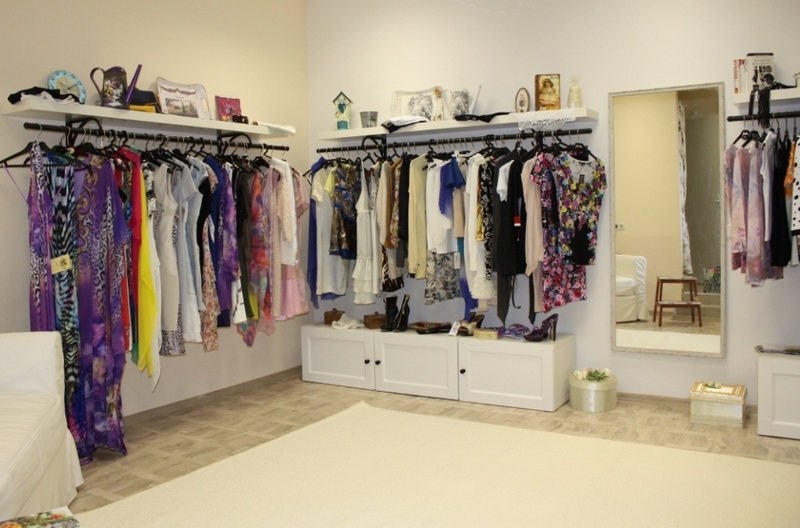
In our country, a unique type of showrooms has emerged, not commonly found abroad. These are home stores that sell branded items. The popularity of this trading format stems from the fact that many individuals enjoy wearing items created by renowned brands but are not willing to pay the full retail price for them.
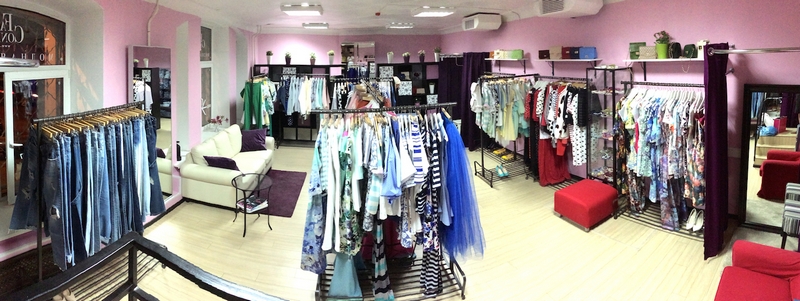
The concept of this business idea is as follows. For example, if you have a deep understanding of fashion collections, jeans, bags, shoes, or accessories, and wish to start your own small business, you can set up a dedicated space in your home or a rented apartment where customers can comfortably select fashionable items, socialize, receive style recommendations, and access alteration services for chosen outfits.
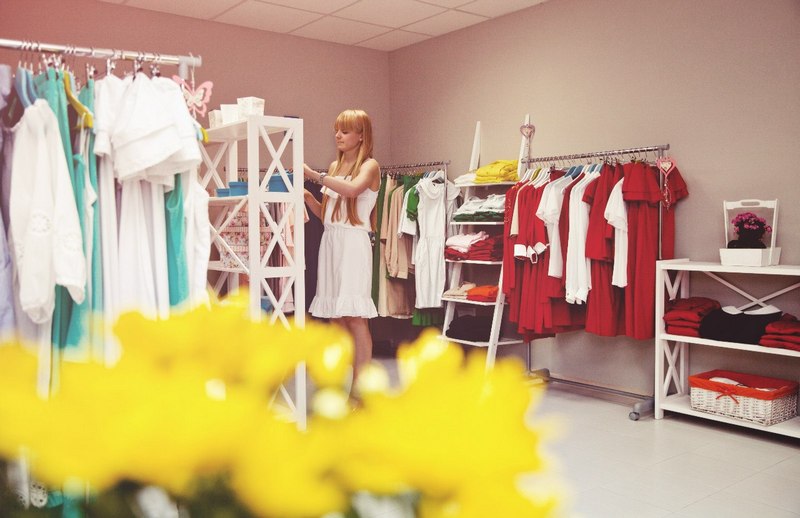
Such businesses are often initiated by former employees of upscale boutiques who possess knowledge of the fashion industry and personal connections with potential clients. Items are sourced from outlets, manufacturers' factories, or wholesale warehouses. Clients discover these "shopping points" through word-of-mouth recommendations, with minimal advertising campaigns. Due to lower overhead costs compared to maintaining a traditional store, items in a showroom are priced almost half as much as in boutiques.

Typically, such businesses operate informally, posing a risk of fines from tax authorities due to dissatisfied customers or employees reporting illicit trade.
Showroom as a Complement to an Online Store
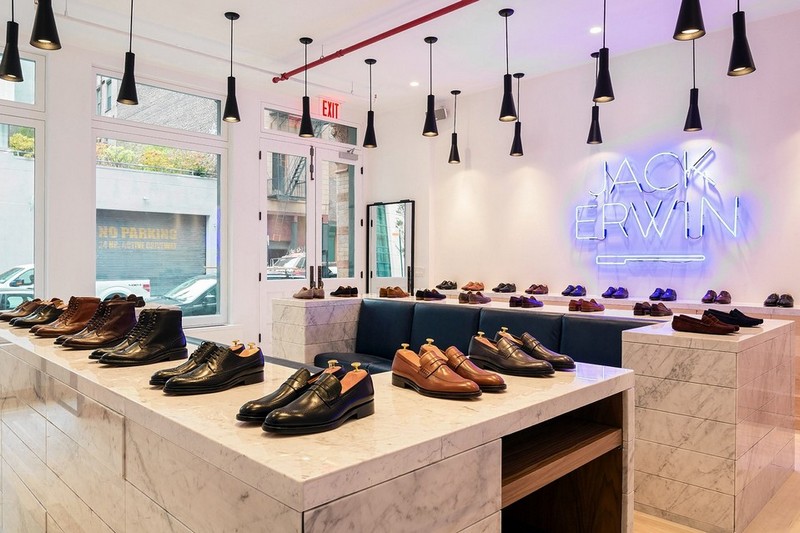
Another application of showrooms is to boost sales in online retail. For instance, if you run a store selling unique hats, clothing, or innovative kitchen accessories, some customers may desire to physically try out your products before making a purchase, leading to hesitation and reduced sales. An effective solution is establishing a showroom where customers can interact with and test your products firsthand. Such a space is more cost-effective than a full-fledged store and can significantly stimulate sales. Therefore, if you operate an online business, considering a showroom of your own can be beneficial.
Showroom as an Advertising Tool
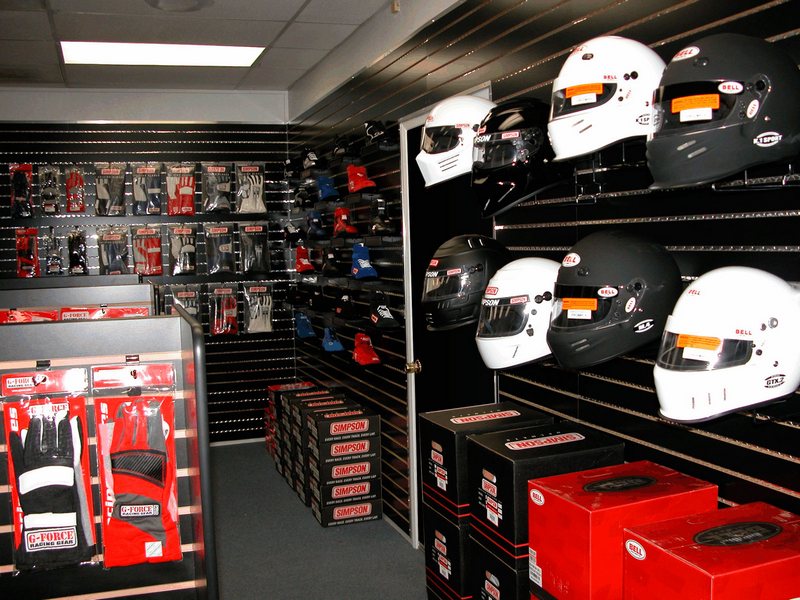
Large companies selling plumbing fixtures, wallpapers, furniture, interior design elements, and more utilize showrooms as a promotional tool. Potential buyers of such products value the opportunity to see firsthand how items will look in their spaces. To enhance sales, expansive exhibitions are created where customers can view numerous installations showcasing the products of interest set up in residential settings.
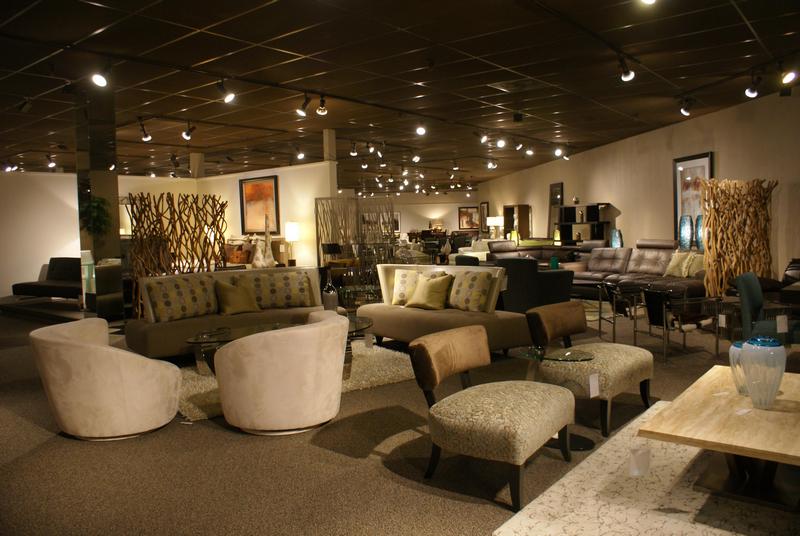
For instance, Ideal Standard International established a 750-square-meter showroom in Moscow featuring displays of high-end bathroom fixtures, significantly boosting sales in the premium product segment. However, financial instability in recent times has compelled many enterprises to forgo the maintenance of costly extensive displays.
Business Idea – "Renting out Showroom Space"
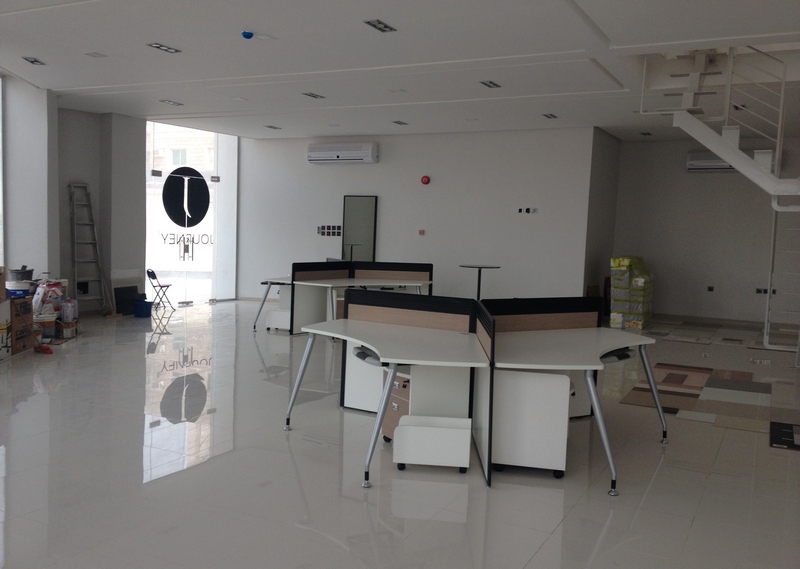
Another way to utilize the "showroom" format is by offering services to small online stores. Not all entrepreneurs can afford to maintain their own showroom due to operating on a small scale. However, they face the same challenge as large online stores—customers wanting to physically experience products. For this target audience, a large showroom can be established, renting out individual shelves or sections of the space. Given the high level of online retail development, such a service is likely to be in demand.
As you can see, the "showroom" concept can be employed in various ways, serving as either an independent business or a crucial component of one. Therefore, if you're considering launching a new business or optimizing sales, don't overlook the opportunities that this type of trading space can offer.
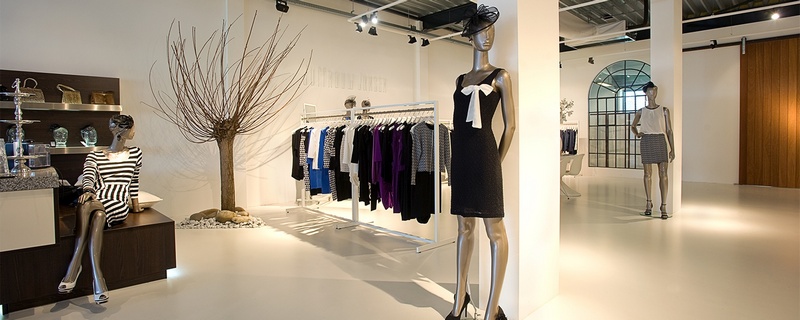
If you enjoyed this article, feel free to share it with friends as they too should learn about the possibilities that showrooms can open up for them.
💡 Want more business insights? Stay ahead of the curve with our exclusive updates!
👉 Join our Telegram channel for daily business ideas and expert tips.
👉 Follow us on Facebook to never miss a trend or update!
Don’t just read—connect, grow, and innovate with us today!





































.jpeg)













Note: Comments are being moderated and may take a while to appear. There is no need to resubmit your comment.